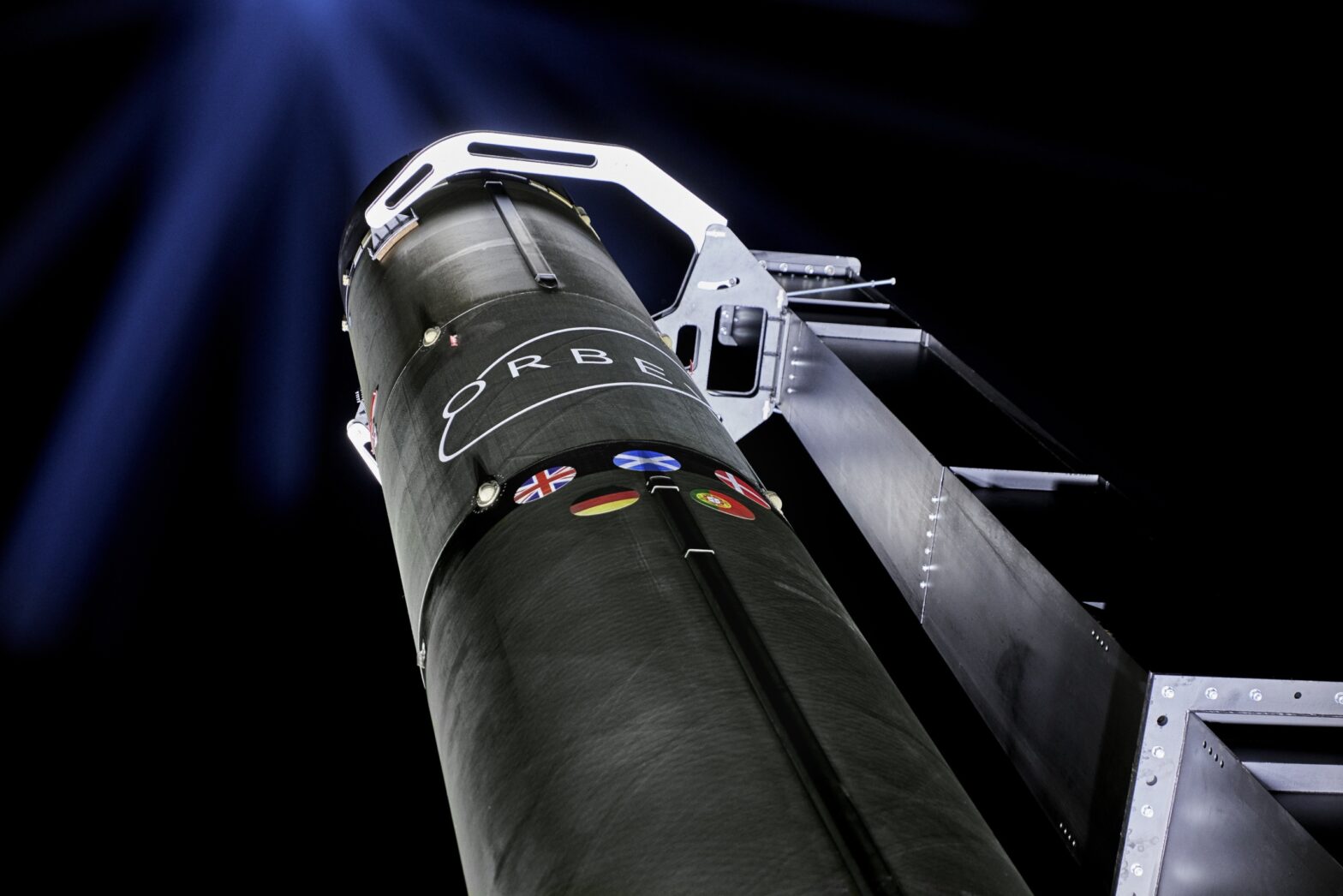The number of investment deals into seed-stage space tech start-ups rose by 50 per cent in 2022, according to research.
Over the course of the year, 198 seed-stage deals were recorded, up from 2021’s figure of 127.
Space investors Seraphim Space found the private space industry in total attracted $8.9bn (£7.4bn) in 2022, pointing to continued interest in the sector from investors.
That global figure is down 25 per cent on 2021’s $12.1bn (£10.1bn) figure but is still the second highest on record.
Most of the investment came from the US, but two UK-based start-ups were among the most heavily backed: BeZero Carbon, which measures carbon levels using satellites, and Orbex, which is developing an environmentally friendly orbital rocket.
Types of companies that particularly benefitted from investment include those building hardware for space applications and satellite data analysis.
It looks as though these figures will only look to increase when economic conditions allow, with Seraphim reporting near record levels of capital to deploy into space tech companies currently sitting in VC coffers.
The results come at a time space tech is attracting more interest from UK bodies. In January, the UK Space Agency announced £50m of funding for projects to “supercharge the UK’s satellite communications industry” and become “a leading power in space”.
Seraphim has also entered a partnership with the European Space Agency (ESA) to help fund the next generation of space tech start-ups.
Start-ups already in the Seraphim portfolio include ArQit, which uses satellites for cybersecurity and Voyager Space, which is developing commercial space stations.
Mark Boggett, chief executive of Seraphim, told The Times: “Space tech is now truly international, with Asia and Europe starting to catch up with North America in terms of number of deals.
“Asia was up 80 per cent compared with 2021 and Europe up 50 per cent. To put this into perspective, both saw more deals in 2022 than North America did in 2020.”
More on space tech
Women in space: Is this the final frontier for gender parity?






